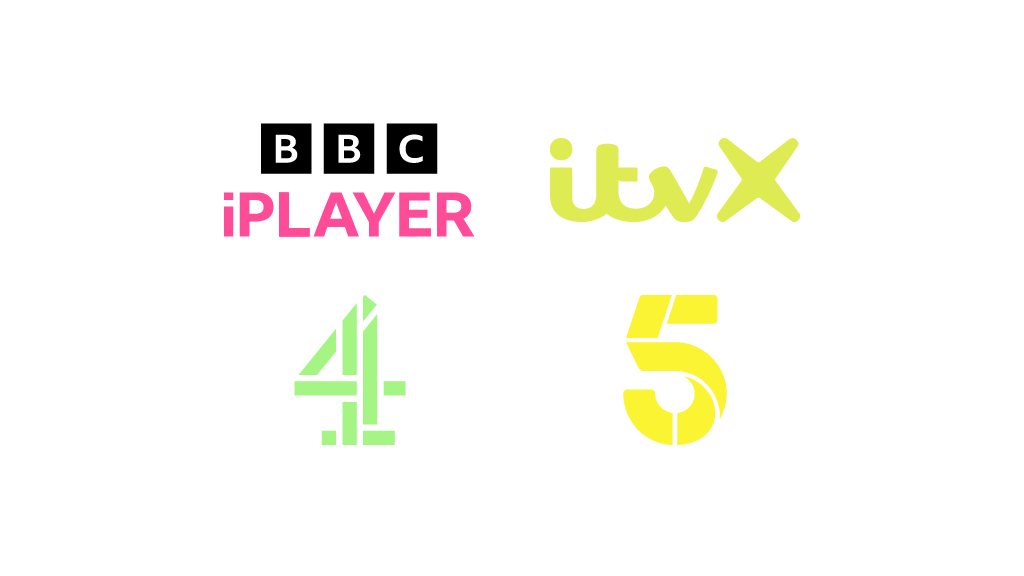As public service media shifts from universally available television channels to online video platforms, it is challenging to monitor what is available for audiences to watch, and what is being recommended to viewers. A report finds that some genres are not readily available, prominent or discoverable on the online platforms of public service media organisations in the United Kingdom.
Previously, television schedules showed the range of programmes that were available on each channel. These schedules could be analysed to hold broadcasters to account. As broadcasters move to online platforms, each member of the audience increasingly has a personal set of recommended and promoted programming, which may be determined by an opaque combination of editorial decisions and algorithmic determinations.
There is a regulatory requirement that programmes contributing towards public service remits must be easily discoverable and promoted, although how this will be monitored is unclear.
There is a risk that as some genres recede from view, the resulting decline in viewing numbers may result in fewer commissions.
A report by the University of Leeds and the International Broadcasting Trust examines the availability, prominence, and discoverability of programmes across the BBC iPlayer, ITVX, and the apps of Channel 4 and Channel 5.

Professor Catherine Johnson of Leeds University, who also chairs the audiences forum on the future of television distribution for the Departure of Culture, Media and Sport, is co-author of the report.
The report finds that programmes about the arts, international issues, religion and belief were not readily available, prominent or discoverable, particularly on the platforms operated by commercial public service broadcasters.
Although it was also easier to find these programmes on the BBC iPlayer through search, function, its recommendation algorithms meant that, unless audiences actively sought out and watched programmes from these genres, the chance of discovering them was much lower.
The report makes several recommendations, including that public service media organisations should be required to publish an annual statement setting out the principles and values underpinning their use of algorithms and recommendation systems within their online video platforms.
There is also the suggestion that public service media organisations should facilitate the monitoring of their platforms by opening access to application programming interfaces and non-commercially sensitive platform and audience data.
The report recommends that the government and regulator need to incentivise public service media organisations to broaden the range of genres and subject matter promoted and recommended to audiences, recognising the value of serendipity and the dangers of creating audience silos.
Behind the Screen: How streaming is changing public service media is published by the International Broadcasting Trust and is available from its web site.
